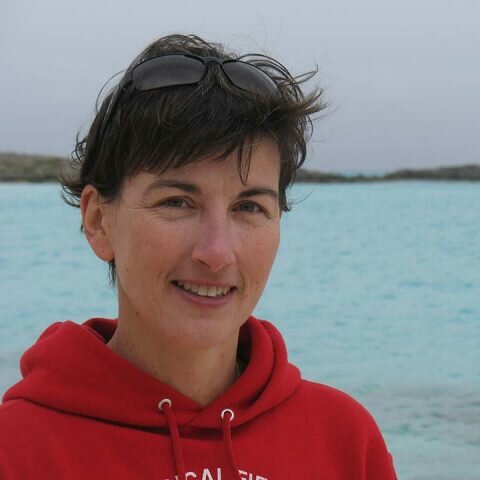
Isabelle M. Côté
Department of Biological Sciences, Simon Fraser University
Marine ecosystems can withstand a great deal of environmental change, but there is great concern that their health might decline suddenly if they experience too much change. This project asks how much change is too much, and whether the answer to that question varies depending on the species, the ecosystem and the type of change experienced.
Researchers will focus on seagrass meadows and seaweed beds, which are productive shallow-water habitats that are in decline in Canada. In small experimental pools, we will expose these marine plants to stress, by increasing temperature, nutrients and sediment levels, one by one and then in combinations. By recording the stress levels at which the plants struggle to grow and survive, we can identify threshold stress levels and compare them between species, between single stressors and between combinations of stressors. We will then take the study to the field to find areas with stress levels that match our experiments, and we will measure the health of seagrass, seaweeds and the suite of species that depend on them. This will allow us to test whether patterns in the wild match our laboratory results. If they do, our laboratory tests will become useful tools to predict where on our coasts we should expect to find healthy and unhealthy seagrass meadows and seaweed beds and what we need to do in terms of managing stress to prevent their collapse.
Understanding the correlation between multiple stressors and seaweed and seagrass meadow responses is in progress.
Understanding the relationship between single vs. multiple stressor impacts on these biogenic habitats is in progress.
Identification of the levels of resilience and tipping points for seaweed/seagrass meadow communities is in progress.
Temperature data are being recorded in the field on the west coast, and experimental systems have been upgraded in anticipation of massive demand in 2018.
Cancel